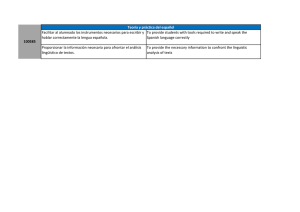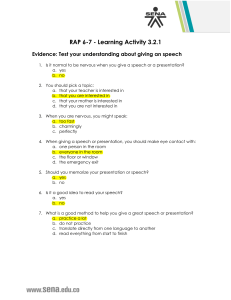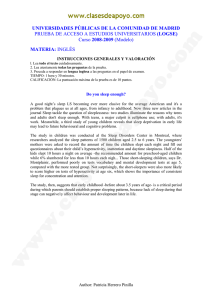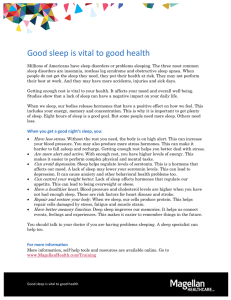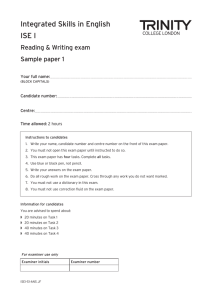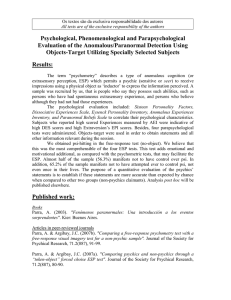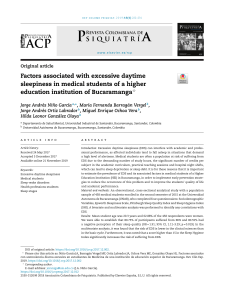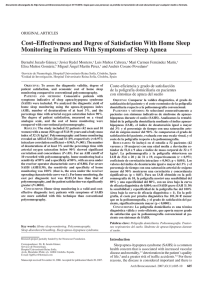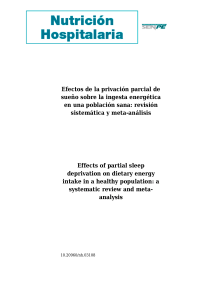intermediate1-decimo
Anuncio
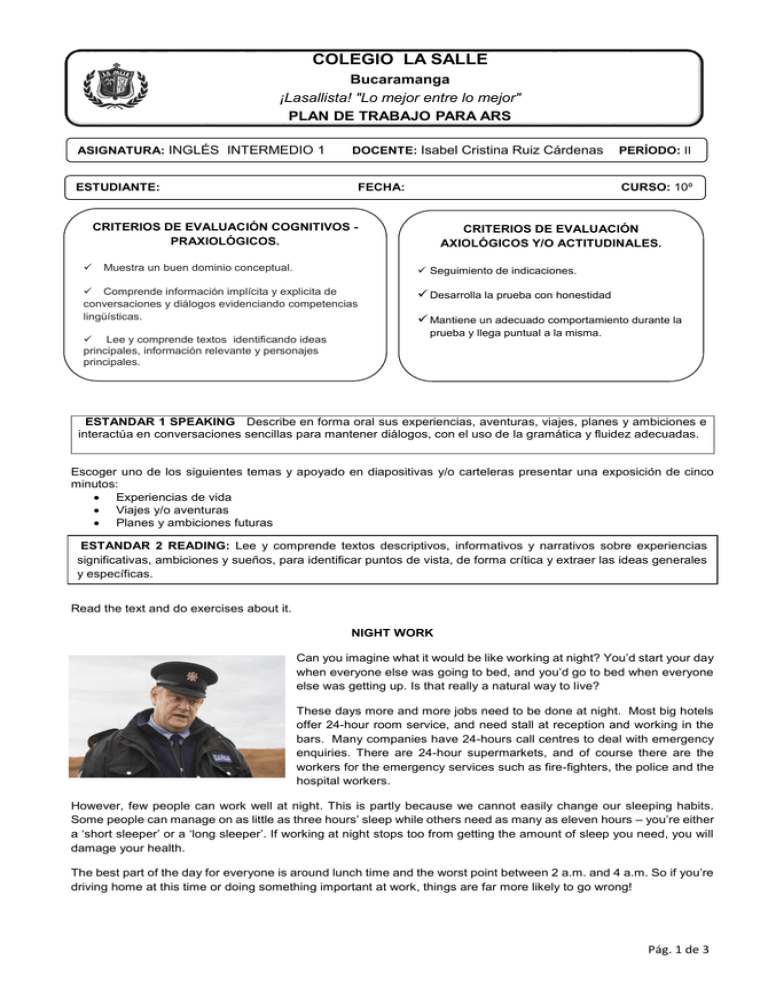
COLEGIO LA SALLE Bucaramanga ¡Lasallista! "Lo mejor entre lo mejor" PLAN DE TRABAJO PARA ARS ASIGNATURA: INGLÉS INTERMEDIO 1 ESTUDIANTE: DOCENTE: Isabel Cristina Ruiz Cárdenas FECHA: CURSO: 10º CRITERIOS DE EVALUACIÓN COGNITIVOS PRAXIOLÓGICOS. CRITERIOS DE EVALUACIÓN AXIOLÓGICOS Y/O ACTITUDINALES. Muestra un buen dominio conceptual. Seguimiento de indicaciones. Comprende información implícita y explicita de conversaciones y diálogos evidenciando competencias lingüísticas. Desarrolla la prueba con honestidad Lee y comprende textos identificando ideas principales, información relevante y personajes principales. PERÍODO: II Mantiene un adecuado comportamiento durante la prueba y llega puntual a la misma. ESTANDAR 1 SPEAKING Describe en forma oral sus experiencias, aventuras, viajes, planes y ambiciones e interactúa en conversaciones sencillas para mantener diálogos, con el uso de la gramática y fluidez adecuadas. Escoger uno de los siguientes temas y apoyado en diapositivas y/o carteleras presentar una exposición de cinco minutos: Experiencias de vida Viajes y/o aventuras Planes y ambiciones futuras ESTANDAR 2 READING: Lee y comprende textos descriptivos, informativos y narrativos sobre experiencias significativas, ambiciones y sueños, para identificar puntos de vista, de forma crítica y extraer las ideas generales y específicas. Read the text and do exercises about it. NIGHT WORK Can you imagine what it would be like working at night? You’d start your day when everyone else was going to bed, and you’d go to bed when everyone else was getting up. Is that really a natural way to live? These days more and more jobs need to be done at night. Most big hotels offer 24-hour room service, and need stall at reception and working in the bars. Many companies have 24-hours call centres to deal with emergency enquiries. There are 24-hour supermarkets, and of course there are the workers for the emergency services such as fire-fighters, the police and the hospital workers. However, few people can work well at night. This is partly because we cannot easily change our sleeping habits. Some people can manage on as little as three hours’ sleep while others need as many as eleven hours – you’re either a ‘short sleeper’ or a ‘long sleeper’. If working at night stops too from getting the amount of sleep you need, you will damage your health. The best part of the day for everyone is around lunch time and the worst point between 2 a.m. and 4 a.m. So if you’re driving home at this time or doing something important at work, things are far more likely to go wrong! Pág. 1 de 3 Humans are used to sleeping at night and being awake during the day, and they’ll never be able to do things the other way round. The problem is that today’s 24-hours society isn’t going to slow down which means that night workers will remain. 1. Choose the correct option to answer each question. a. What’s the writer’s main aim in writing the text? A. To describe the importance of work. B. To say how working at night can be bad for you. C. To suggest how people can change their way of life. D. To recommend people spend more time sleeping. b. What does the writer say about night jobs? A. Many people refuse to work at night. B. It’s easier than working during the day. C. It is easier to demand better working conditions. D. There is a variety of them. c. What would a reader learn about sleep from the text? A. Everybody needs the same amount. B. It’s difficult to change your sleeping needs. C. People sleep better in the early morning. D. Many people need more than more than 11 hours’ sleep. d. What does the writer say about the future? A. Fewer people will work during the dayB. Some jobs will always be done at night. C. People will demand fewer services. D. People will work longer hours. 2. Which of the following could also be a title for this text? A. A good night sleep B. Can change your life! A worker that sleeps More, Works more! C. Society is changing but our bodies are not D. The loneliest jobs In the world 3. Write TRUE or FALSE. Correct the false statements. a. Every work can be done 24 hours a day. _____ ______________________________________________________________________________. b. Changing our sleeping habits is easy. _____ ______________________________________________________________________________. c. You can get sick if you don’t sleep well _____ ______________________________________________________________________________. Pág. 2 de 3 d. Hospital’s workers are the only one who work 24 hours a day. _____ ______________________________________________________________________________. e. The time a day you are in better conditions is from 2:00 a.m. to 4:00 a.m. _____ _____________________________________________________________________________. ESTANDAR 3 WRITING-GRAMMAR: Planea y escribe textos argumentativos y narrativos, cartas formales y ensayos, para expresar experiencias, planes y opiniones sobre el futuro, usando, FUTURE FORMS y COMPARISONS con un vocabulario específico propuesto en clase. 1. Realizar un escrito narrativo con base en la imagen presentada en el cual narre sus planes futuros para las próximas vacaciones y exprese en forma comparativa el por qué escogió este lugar. Mínimo 500 palabras. ESTANDAR 4: LISTENING: Describe en forma oral preferencias de libros y temas, problemas, sueños y consejos, e interactúa en conversaciones sencillas para expresar su opinión, contar anécdotas, mediante el uso de la gramática y fluidez adecuadas. 1. Presentar los ejercicios de comprensión de texto oral propuestos por la docente. Pág. 3 de 3
